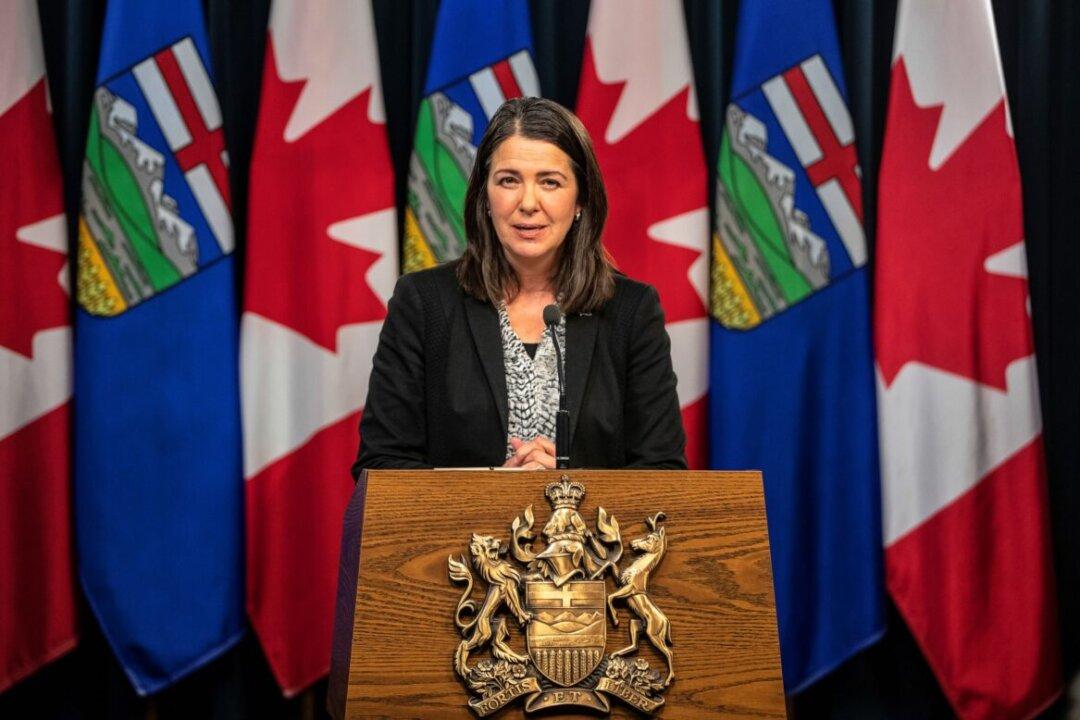EDMONTON—Alberta Premier Danielle Smith’s Sovereignty Act, having just made it through first reading in the legislature, has generated both praise for its stated purpose of providing a “constitutional shield” against overreach by Ottawa, and suggestions that the bill is unconstitutional and undemocratic.
The act’s stated purpose is to “protect Albertans from federal legislation or policies that are unconstitutional or harmful to our province, our people or our economic prosperity.”





